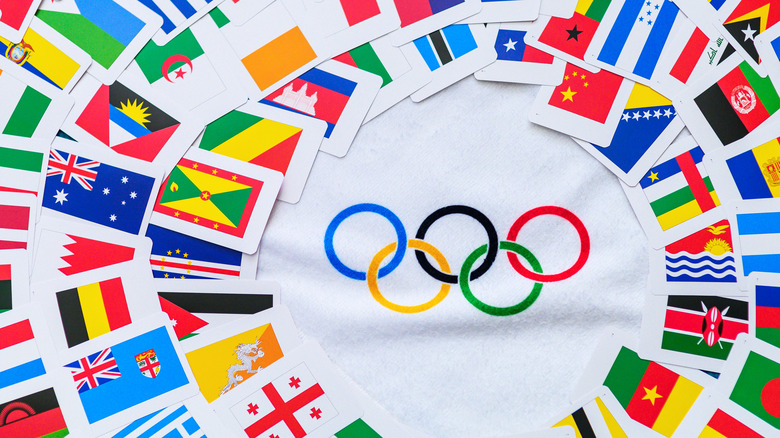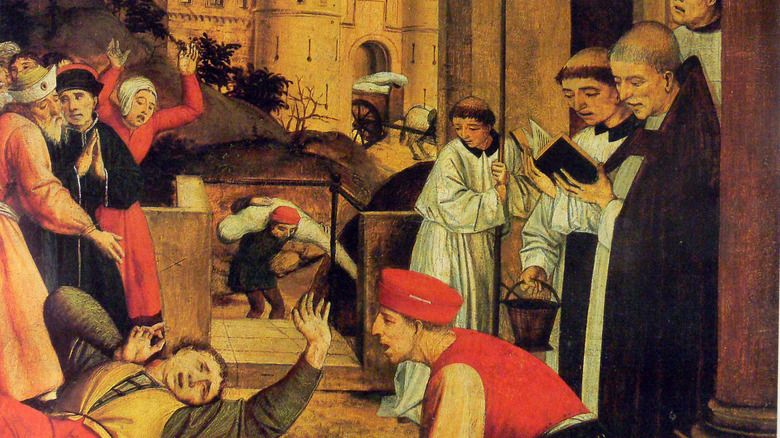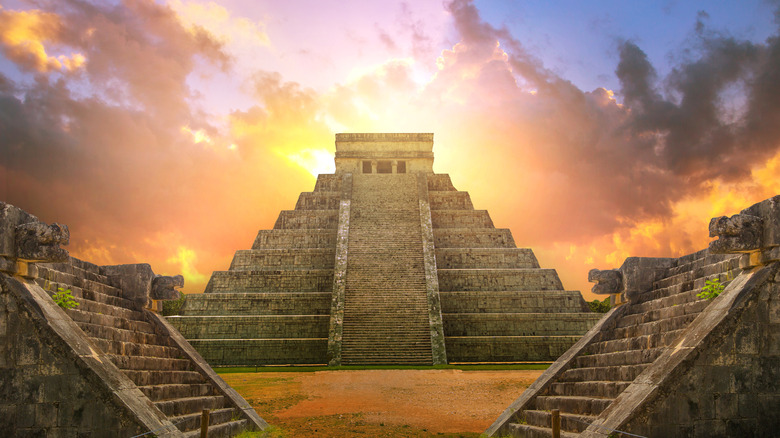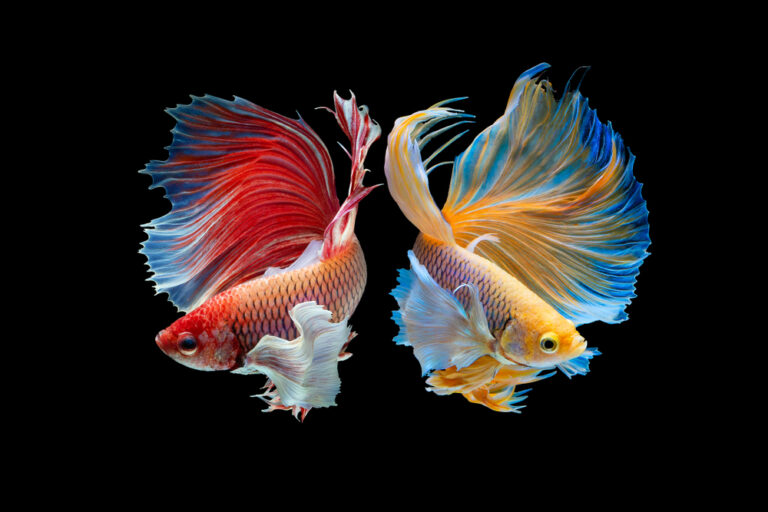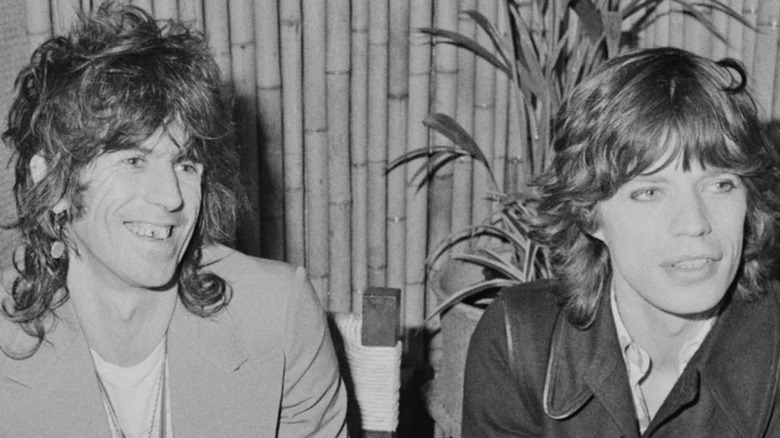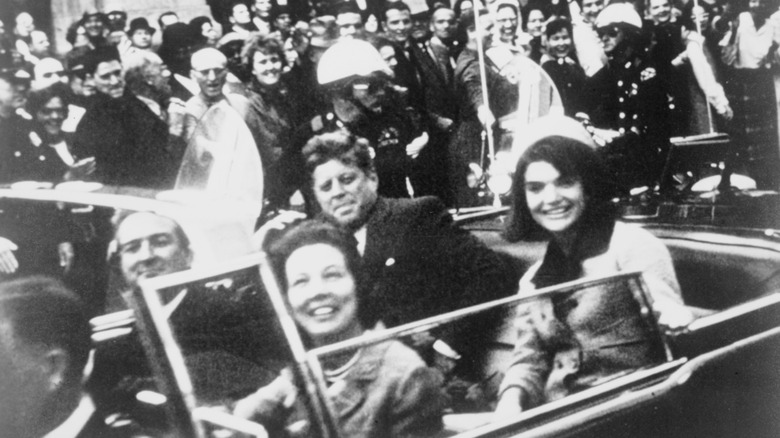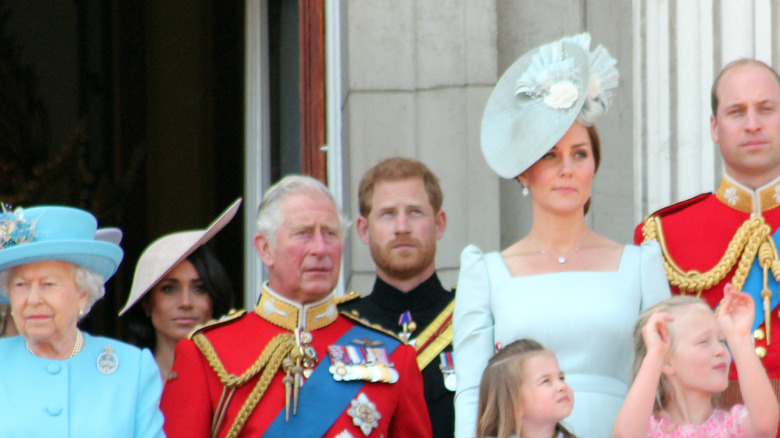
What Do The Olympic Rings Actually Stand For?
The Olympic rings are symbolic of a couple of different things, but together, their meaning stands for the best of humanity, our shared desire for worldwide peace, and the drive for human excellence. The five rings are red, black, blue, yellow, and green, colors chosen by the founder of the modern Olympic Games, Pierre de Coubertin.
According to the International Olympic Committee, de Coubertin first drew and colored the five interlaced rings by hand at the top of a letter in 1913. He chose the colors because they represented colors in the flags for each nation from the five continents involved in the Olympics at that time. The equal size of the rings and the connectedness of them is meant to signify union and the coming together of athletes from around the world. However, while there are five rings for the five continents involved in the Olympics, there is no set color for each continent, per the IOC.
If you’re asking yourself why there are only five continents represented when there are actually seven continents, according to Sportskeeda, it’s because North and South America are lumped together to represent America. The one continent that isn’t part of the Olympics is Antarctica because, well, no one really lives there outside a couple of thousand scientists, according to World Population Review.
The Olympic Rings also stand for Olympism
In a letter, De Coubertin wrote of the Olympic rings, “These five rings represent the five parts of the world now won over to Olympism and ready to accept its fertile rivalries. Moreover, the six colors thus combined reproduce those of all the nations without exception,” per SportsEngine.
The sixth color he refers to is the white background. What Coubertin means by “Olympism” has to do with his philosophy about the significance of the Olympic Games.
The Olympic Charter explains it as “a philosophy of life, exalting and combining in a balanced whole the qualities of body, will, and mind. Blending sport with culture and education, Olympism seeks to create a way of life based on the joy of effort, the educational value of good example, social responsibility and respect for universal fundamental ethical principles,” according to the World Olympians Association.
De Coubertin’s idea of the Olympic Games and Olympism stems from his goal for equality, peace, and harmony between people in all nations. According to the WOA, principles of Olympism are non-discrimination, sustainability, humanism, universality, solidarity, and alliance between sport, education, and culture.
De Coubertin once said, “Olympism is not a system, it is a state of mind. It can permeate a wide variety of modes of expression and no single race or era can claim to have the monopoly of it,” the WOA reported.

What Horses Taught Dressage Rider Anna Ross
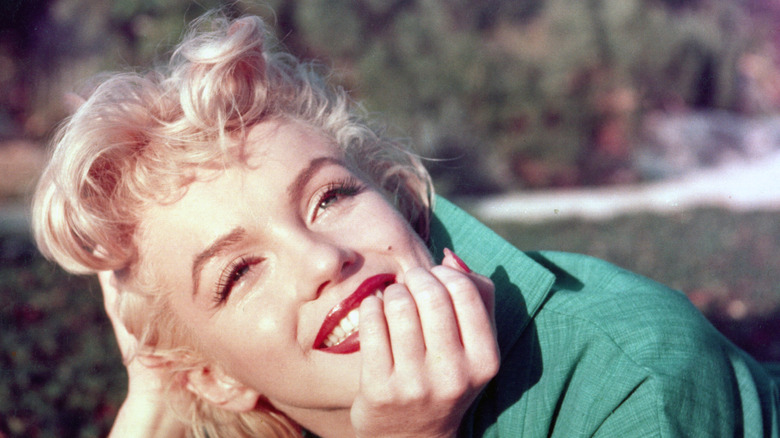
Final Interviews Of Famous Actors
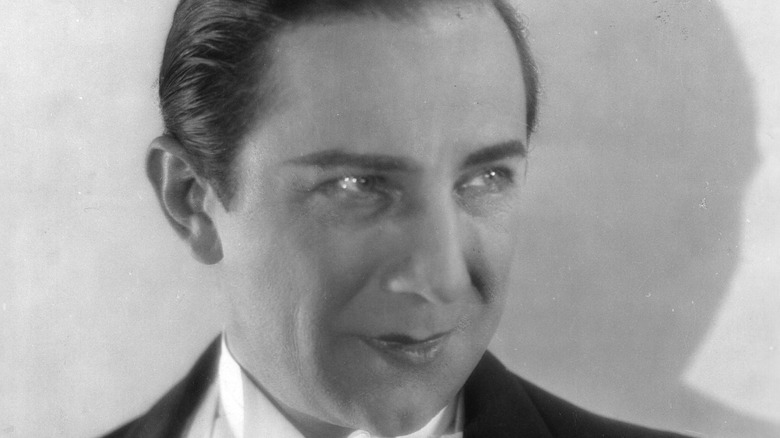
The Surprising Thing You Should Know About Bela Lugosi's Broadway Debut

The Truth About The Deadly Turkish Water Park Disaster

The Real Reason The King James Bible Was Created

Where Is Convicted Murderer Chris Watts Today?

Lesser Known Heroines Of World War I
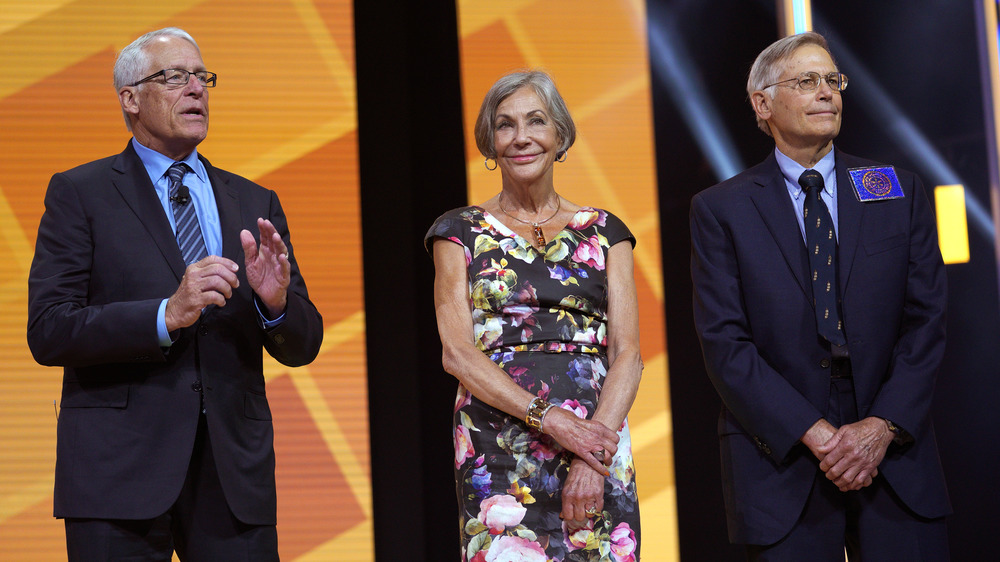
How The Richest Family In America Got So Rich

A Look At Joe DiMaggio's Ties With The Mafia

The Hidden Meaning Of U2's 'Exit'
